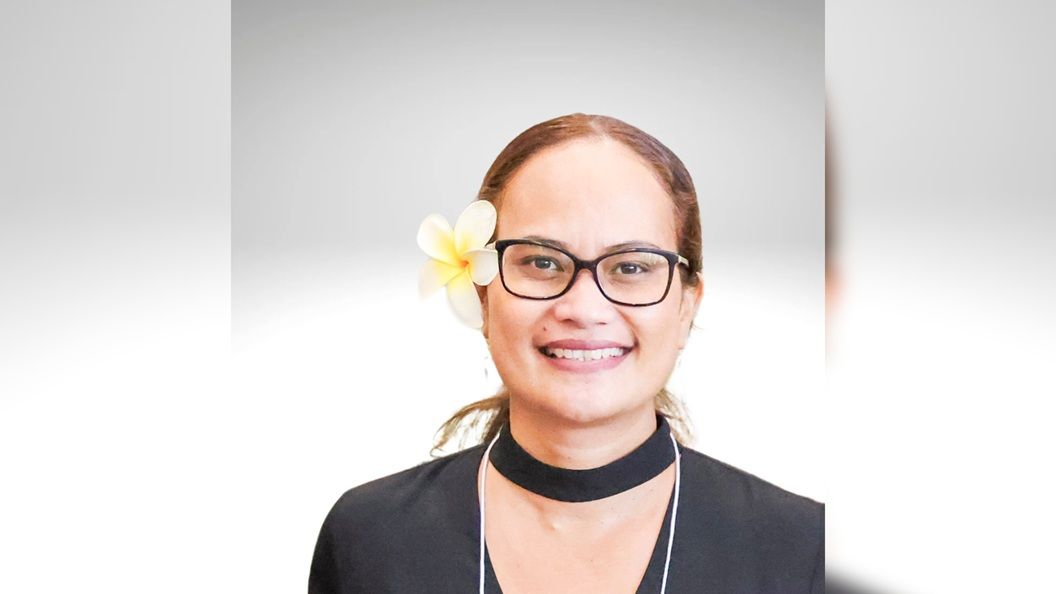

Chief Justice Salesi Temo addresses delegates at the 30th Asia Pacific Forum, calling for stronger regional collaboration on human rights and anti-discrimination efforts.
Photo/Facebook/Fiji government
Fiji returns to Pacific region's human rights forum after 19 years
Experts say the event also offers a vital platform to strengthen the rule of law and social justice across the Pacific.



‘Differently ordered brains’: ADHD changes bring hope and hurdles for Pacific families

Fiji court rules PM acted unlawfully in sacking anti-corruption chief

Visa glitch triggers duplicate charges for Rarotonga visitors


‘Differently ordered brains’: ADHD changes bring hope and hurdles for Pacific families

Fiji court rules PM acted unlawfully in sacking anti-corruption chief
After nearly two decades, the Fiji Human Rights and Anti-Discrimination Commission has once again hosted the 27-member Asia Pacific Forum (APF), marking a milestone for the nation’s role in regional human rights work.
While the event celebrated Fiji’s return to the forum, industry leaders stress that its significance extends far beyond the country’s borders.
Fiji's Chief Justice and Acting President, Salesi Temo, says human rights in the Pacific are deeply intertwined with wider challenges such as climate change, social inclusion, and governance.
Addressing the 30th Annual General Meeting & Biennial Conference Asia Pacific Forum of National Human Rights Institutions at the Sheraton Resort in Nadi on Thursday, Temo says: “This forum is not just about Fiji. It’s about strengthening the rule of law and human rights across the entire region, so that every Pacific citizen can feel their rights are protected.”
“For us in the Pacific, climate change is not an abstract policy debate; it is an existential reality. … Our shared journey depends on our interwoven efforts … to ensure a rights‑based and inclusive society.”
Watch Salesi Temo address the 30th Annual General Meeting & Biennial Conference Asia Pacific Forum of National Human Rights Institutions in Nadi below.
Loukinikini Lewaravu, the Director of Fiji's Human Rights and Anti-Discrimination Commission, described hosting the 30th APF Annual General Meeting as a “milestone achievement” for the commission.
“This is only the second time the Fiji Human Rights Commission has hosted the annual meeting,” Lewaravu told reporters. “It’s a chance for Fiji to demonstrate our commitment to human rights and to push for A-status accreditation under the United Nations Paris Principles, which we are still working toward.”
The meeting provided a platform for Fiji to reconnect with regional peers, share experiences, and strengthen human rights frameworks across the Pacific.
Lewaravu says the event also sent a clear signal that Fiji is serious about meeting international standards and ensuring the rights of all citizens are respected.
With representatives from 27 countries in attendance, the forum focused on collaboration, best practices, and regional challenges in human rights, highlighting Fiji’s return to the regional stage as both symbolic and practical progress.

Fiji Human Rights and Anti-Discrimination Commission Director Loukinikini Lewaravu welcomes the Asia Pacific Forum back to Fiji after a 19-year hiatus, highlighting the country’s milestone in human rights engagement. Photo/Supplied
“This is not just a milestone for the commission,” Lewaravu says. "It is a milestone for Fiji, showing the world that we are back in the conversation and committed to upholding human rights in our country and across the region.”
The APF is working with Fiji's Human Rights Commission on a community-led development programme. In a statement, the APF says, “The Fiji Human Rights and Anti‑Discrimination Commission is working with communities who have identified access to fresh water as a priority human rights issue.”
Sepesa Rasili, president of the Fiji Council of Social Services (FCOSS), previously warned about shrinking space for civil society engagement.
“Safe civil spaces are shrinking … as governments increasingly limit the effective recognition and engagement of leaders across civil society and communities, as well as leaders within faith.”
The commission says it is fully committed to ensuring compliance with the Paris Principles and continues to work with the forum and the United Nations to strengthen institutional capacity.